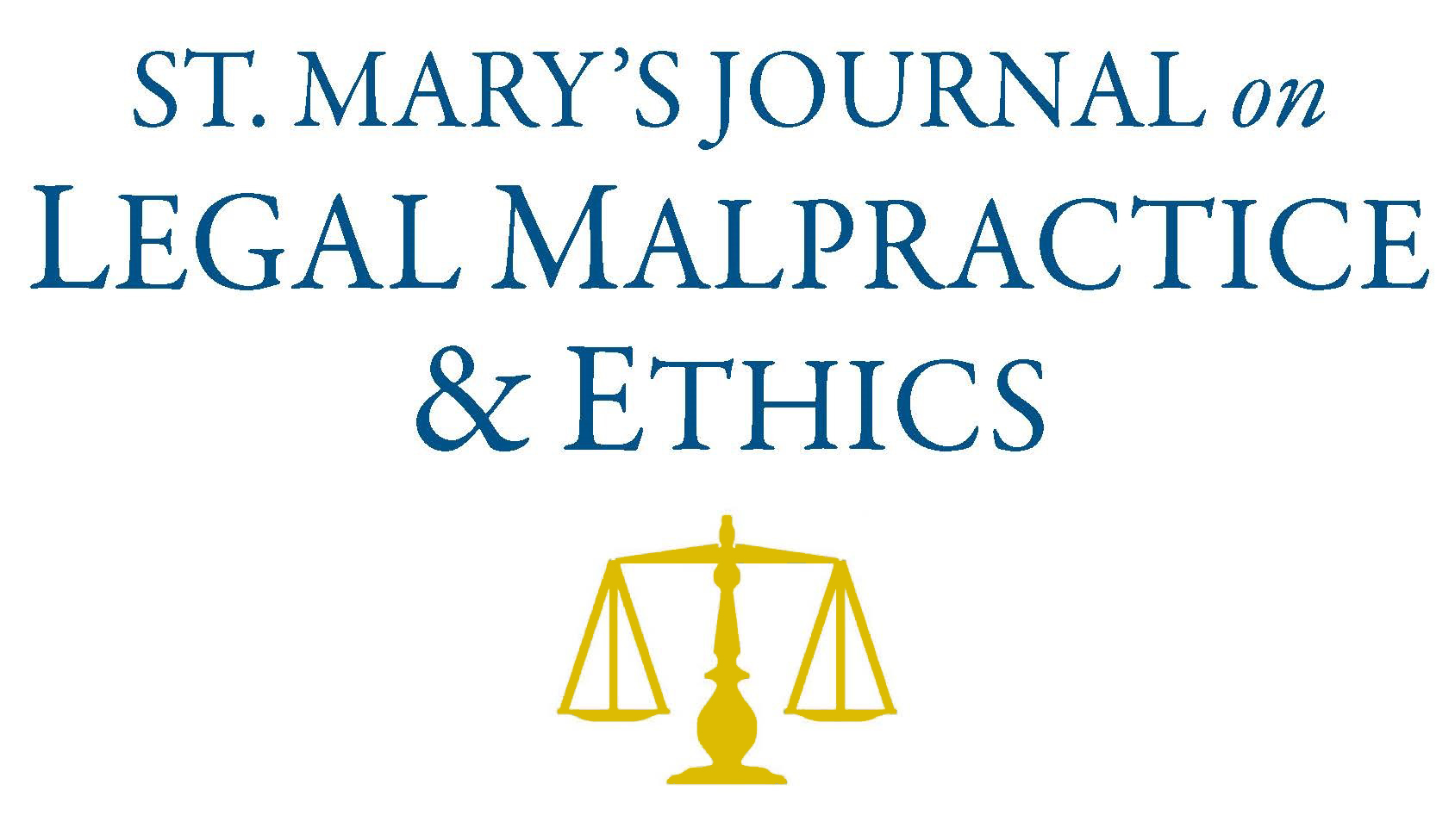
First Page
416
Date Created
1-1-2012
Publisher
St. Mary's University School of Law
Editor
Allison S. Ellis
Last Page
452
Abstract
This Article addresses whether a lawyer's possible duty to inform and advise his client of potential alternative dispute resolution (ADR) options actually leads to better results for doctors in medical malpractice cases. This Article first explains different theories supporting a potential duty and then argues that all such theories praising ADR rely on the assumption that "valuable" alternatives to litigation always exist and are available to all litigants. That notion is arguably not always true for a physician defending against malpractice complaints; thus, the duty becomes almost meaningless in such cases. With the adoption of the National Practitioner Data Bank and the subsequent enactment of numerous state statutes, physicians are required to report their settlement agreements and that information is now made public and available to potential patients in most states. This Article takes a close look at the conflict faced by an ADR-proponent medical malpractice lawyer who may wish to encourage a client to consider litigation alternatives while knowing that this route is likely to be damaging to his client long-term and, thus, goes against the principle of first doing no harm to the client. Ultimately, this Article determines that in some cases where a doctor has a good chance of prevailing in a lawsuit and avoiding a settlement record, the attorney should prioritize his commitment to the client's best interest and make sure the client does not suffer an unnecessary harm. As such, the lawyer should advise that doctor against an out-of-court settlement of the doctor's malpractice case.
Recommended Citation
Katerina P. Lewinbuk,
First, Do No Harm: The Consequences of Advising Clients About Litigation Alternatives in Medical Malpractice Cases.,
2
St. Mary's J. on Legal Malpractice & Ethics
416
(2012).
Available at:
https://commons.stmarytx.edu/lmej/vol2/iss1/18
Included in
Law and Society Commons, Legal Ethics and Professional Responsibility Commons, State and Local Government Law Commons

